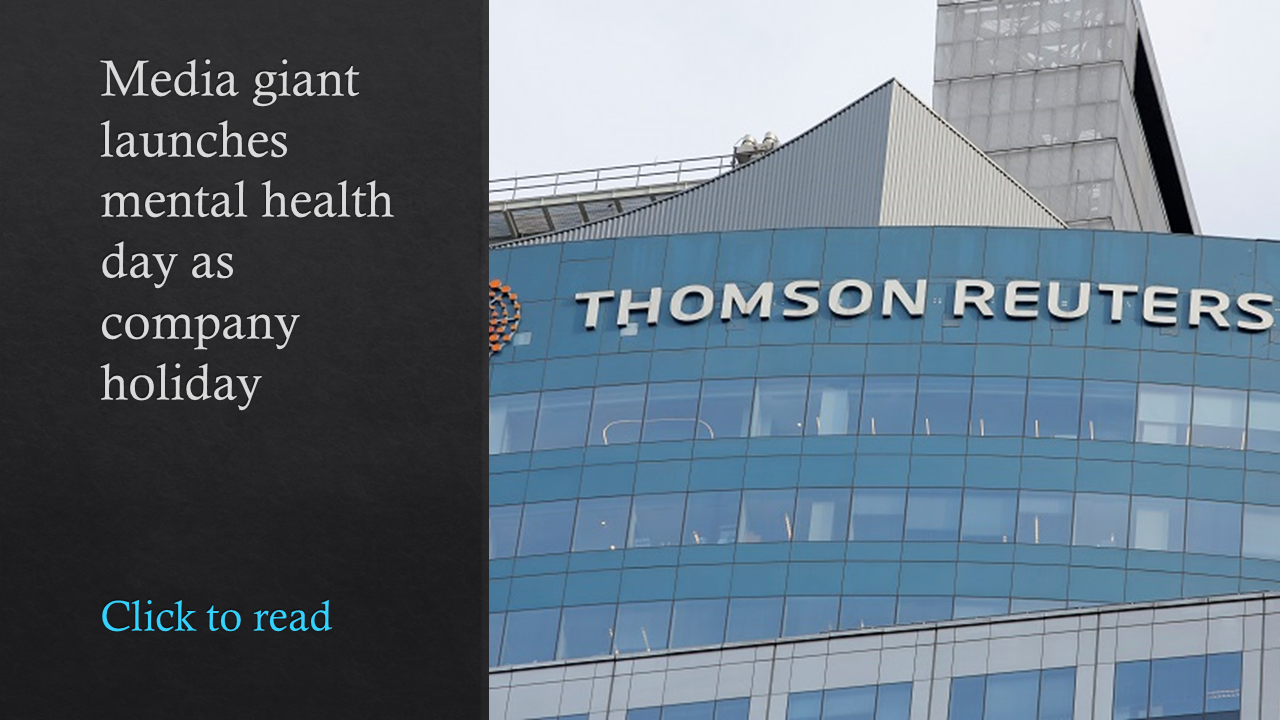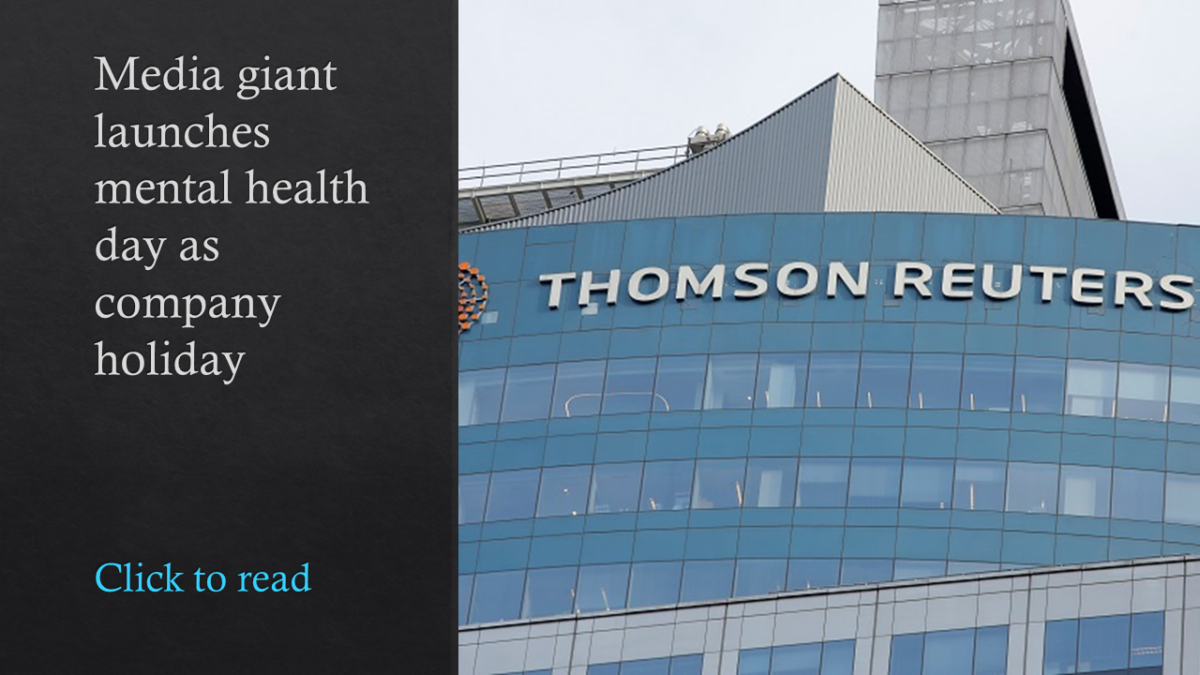SAP is launching a mental health day for its 102,000-plus employees to help them cope with the ongoing pandemic.
The software giant’s Mental Health Day—a company-sponsored holiday for all employees—will be observed on April 27 with its office being closed globally. The company is hoping its workers can recharge, focus on themselves and their families, and disconnect from work.
The decision was driven by a year of COVID-19, which is driving burnout, stress and other mental health ailments for employees. In a recent employee pulse survey among SAP workers, 61% of employees reported working slightly above to well above capacity, and one-third of SAP employees have stress levels that are higher than their satisfaction levels. Meanwhile, SAP globally saw a significantly lower use of vacation days in 2020—325,000 fewer.
“Mental Health Day was created in response to listening to our employees and understanding their needs,” says Dan Healey, head of HR at SAP, further noting the day was planned particularly in reaction to “what employees are telling us—that the lines between home and work have blurred so much that many are struggling to see the line at all.”
Register for HRE’s Health and Benefits Leadership Conference here.
“Giving our employees a chance to share their feedback, and listening closely to what they’re saying, has always been a priority, but we really leaned into it during COVID-19,” he says. In October, SAP launched an initiative called “Are You OK?” which was created to drive a culture of inclusion and to eliminate the stigma around mental health. And earlier last year, it expanded its benefits package to include bereavement days and pet insurance.
The company wanted the mental health day to be distinguished from a typical vacation day, Healey says, “where people may feel the need to check-in or worry the assignments are piling up while they’re out. And so, by announcing a global day off of work, we hope our employees may be relieved from any pressure to be online and truly take the time to get the well-earned rest they deserve.”
 SAP’s announcement follows other companies that have recently embraced a mental health day for employees. Media company Thomson Reuters said last fall that it would institute a mental health day as an annual company holiday. Cisco gave employees a collective mental health day last May, and Google extended the Labor Day weekend last fall in light of the pandemic.
SAP’s announcement follows other companies that have recently embraced a mental health day for employees. Media company Thomson Reuters said last fall that it would institute a mental health day as an annual company holiday. Cisco gave employees a collective mental health day last May, and Google extended the Labor Day weekend last fall in light of the pandemic.
Scores of research have pointed to the dramatic effect the pandemic is having on mental health. A December study of 1,136 employed U.S. adults from benefits provider Spring Health found that a staggering 76% of employees were experiencing worker burnout—which researchers say include such symptoms as exhaustion, feeling negative, cynical or detached from work, and reduced work performance. And Total Brain’s Mental Health Index, which has been tracking employees’ mental state monthly since the start of the pandemic, found that the risk of depression is 71% higher than before COVID-19.
Those dire statistics have pushed mental health to the forefront at organizations and served as a rallying cry for many employers, with many adding programs and benefits to help. But many experts say much more work needs to be done—and needs to continue—as the mental health crisis becomes a workplace epidemic.
Related: 10 strategies to improve employee mental health
“I think it’s important to note that this is not an issue that will be solved with a single initiative,” Healey says. “To prioritize mental health means to support employees for the long term and continue to adopt benefits and initiatives that reflect their needs.”
